Islam is a perfect code of conduct, based on science and logic. Islamic legal system is based on Holy Quran and Holy Tradition. Rest is explanation of these two sources. Islamic Law is known as Shariah also. Shariah has certain laws, which are regarded as divinely ordained, concrete and timeless for all relevant situations (for example, the ban against drinking liquor as an intoxicant). It also has certain laws, which derived from principles, established by Islamic jurists. However, the primary sources of Islamic Law are always Holy Quran and Tradition. At the heart of Islamic Law lie the teachings of God and the acts and sayings of the Holy prophet, Muhammad (Pbuh).
Shariah or Islamic Law, is founded on the Quran and the Sunnah. However, Shariah was not fully developed at the time of Prophat's demise, but rather it evolved automatically and practically amidst the Muslim community or Ummah, through which it served, later. When Shariah began its formation in the deserts of Arabia about 1,400 years ago, the time Islam was born, then a sense of community did not exist. Life in the desert was nomadic and tribal, thus the only factor that tied people together into various tribes, was through common ancestry. However, the nature of Islam challenged that ideology and brought all those, who professed their submission to Islam into one Ummah. Additionally, Islam was not just a religion, but a way of life that transformed those, who were once enemies, into relatives, friends and neighbours. Laws had to be instilled so that doctrines of Shariah could take root. All who are Muslim, are judged by Shariah-regardless of the location, society or culture. Islamic Law can be defined as Muslim or Islamic Law, for both civil and criminal justice, as well as regulating individual conduct, both personal and moral. Islamic Law is now the most widely used religious law, and one of the three most common legal systems of the world, alongside common law and civil law.
This encyclopaedic study is an asset for all legal experts, scholars, professionals and teachers, alike.
Contents:
Vol. 1. Sources of Islamic Law.; Vol. 2. Law of Property in Islam.; Vol. 3. Law for Crime Under Islam.; Vol. 4. Matrimonial Law in Islam.; Vol. 5. Law of Divorce in Islam.

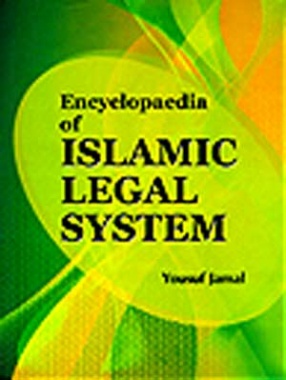
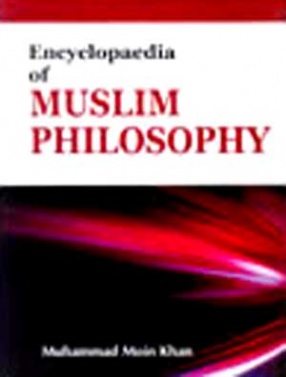
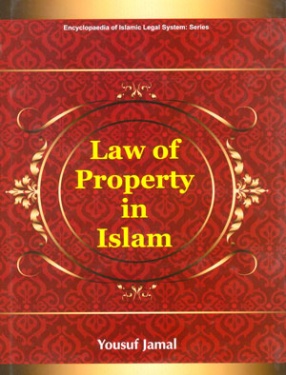
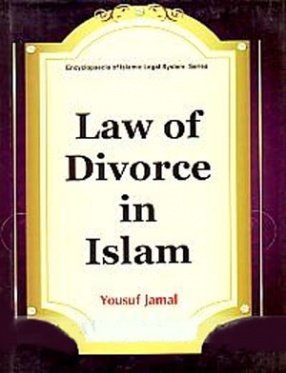
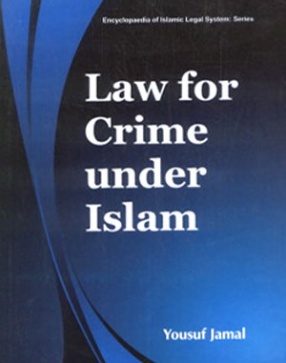
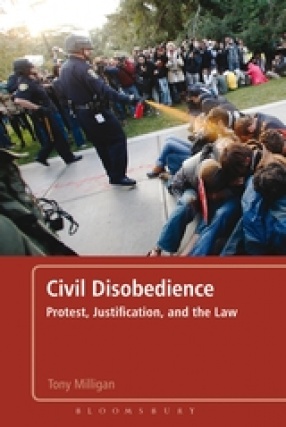


There are no reviews yet.